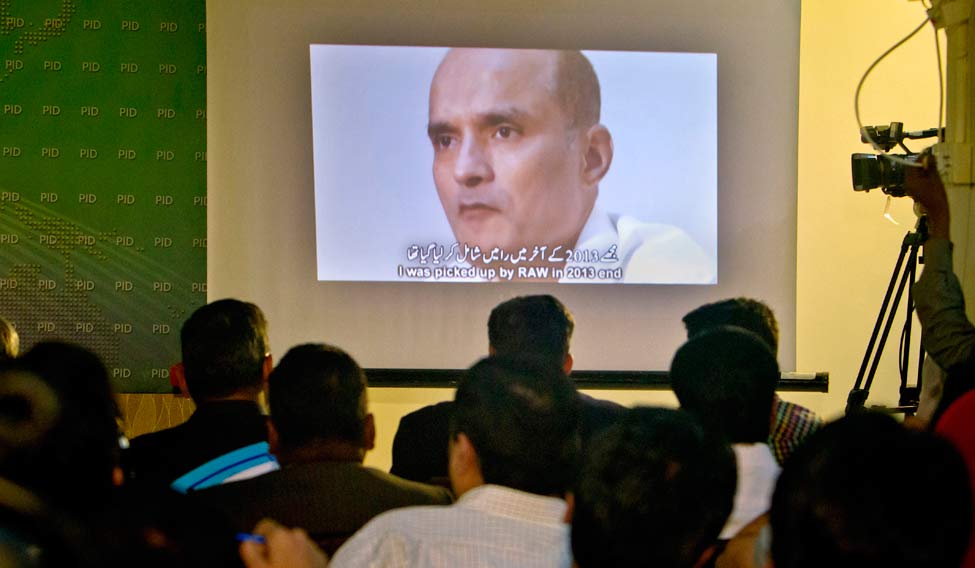The International Court of Justice, on Tuesday, accepted India's request to stay the execution order imposed on Kulbhushan Sudhir Jadhav by a Pakistan military court on charges of espionage. India approached the international court on May 8 seeking “immediate suspension of the death sentence”. The former Indian naval officer was sentenced to death by a Field General Court Martial of the Pakistan army on April 10.
The ICJ, in a press release, states that India “contends that it was not informed of Jadhav’s detention until long after his arrest and that Pakistan failed to inform the accused of his rights.”
Article 36 of the Vienna Convention for Consular Relation states that a foreign national detained or arrested must be informed of their right to have their embassy or consulate notified of the same. If the person under detention or arrest requests that their embassy be notified, it needs to be done without delay.
Indian authorities argue that they learned about the death sentence from a press release. According to a PTI report, the Ministry of External Affairs had made 16 attempts for consular access. Pakistan responded that consular access will be granted only if India cooperated with Pakistan's investigation of Jadhav's alleged “involvement in espionage and terrorist activities”. This condition itself is a violation of the Vienna Convention.
Despite India's consistent stand to resolve issues with Pakistan bilaterally, officials have sought the intervention of the world court on Jadhav's case.
India has approached the Hague only once before, though it has been a party to cases filed by other countries on four different occasions.
1. Portugal vs. India, 1955
The case of Right of Passage over Indian Territory refers to India's refusal to allow Portugal passage to the then Portuguese territories Dadra and Nagar Haveli. In 1960, the court ruled in favour of India stating that its refusal of passage “was covered by its power of regulation and control of the right of passage of Portugal.”
2. India vs. Pakistan, 1971
The Appeal Relating to the Jurisdiction of the ICAO Council is concerned with India filing a case against the International Civil Aviation Organisation's jurisdiction to decide Pakistan's right to overflights on Indian territory. This was following the hijacking of an Indian Airlines aircraft earlier that year. The CJI overturned India's appeal upholding ICAO's jurisdiction in this case.
3. Pakistan vs. India, 1973
The case of Trial of Pakistani Prisoners of War is related to Pakistan's opposition to India sending back Pakistani prisoners of war from the 1971 Indo-Pak War to Bangladesh to face trial. The case was withdrawn by Pakistan six months later.
4. Pakistan vs. India, 1999
The Aerial Incident of 10 August 1999 refers to the case in which India shot down a Pakistan naval aircraft for violating Indian airspace. India claimed that the ICJ did not have the jurisdiction to consider Pakistan's application in this case, and the court upheld the same.
5. Marshall Islands vs. India, 2014
Marshall Islands filed the case of Obligations concerning Negotiations relating to Cessation of the Nuclear Arms Race and to Nuclear Disarmament jointly against the UK, India and Pakistan for not taking steps in favour of global nuclear disarmament. India argued that the court had no jurisdiction in the matter, and the same was accepted by the ICJ.





